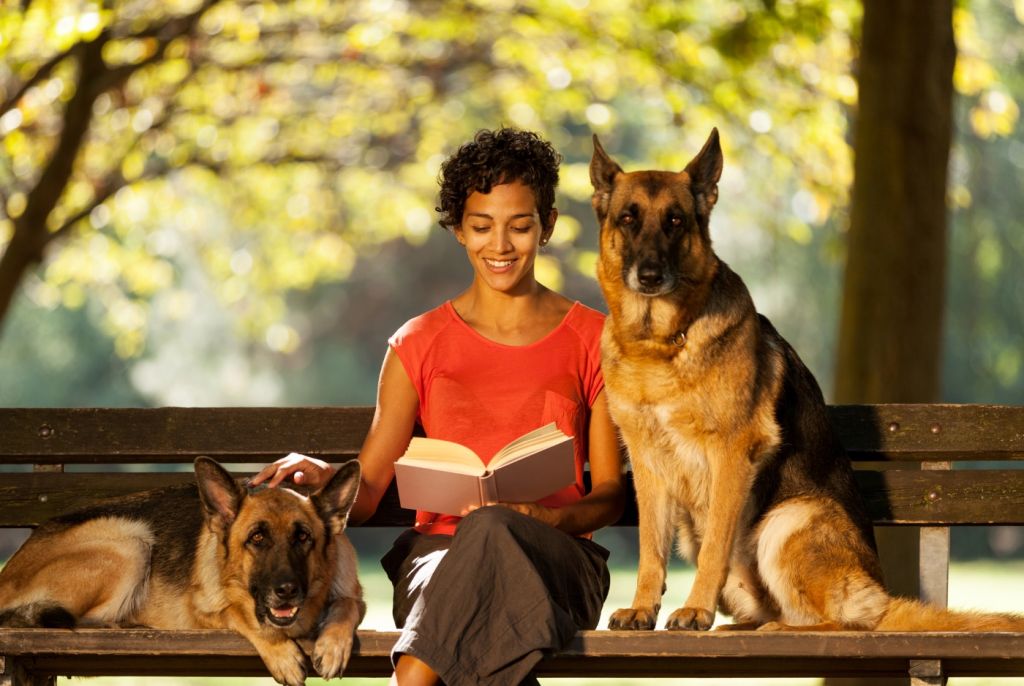When considering the care your furry friend receives while you're away, you might wonder if it's customary to extend gratitude through tipping your pet sitter. This guide covers tipping etiquette for pet sitters.
It is not required but appreciated to tip pet sitters. Customary tips are 10-20% of the service fee or a flat amount like $20 for a week-long sitting, reflecting the quality of care provided.

When you employ the services of a pet sitter, you might wonder about tipping practices. Here's a breakdown to help guide your decisions.
Tipping originated as a way to express gratitude for exceptional service. In the US service industry, tipping has become a customary token of appreciation, supporting workers financially beyond their base pay.
In the US, while tipping is customary in many service sectors like restaurants and hotels, it's less clear-cut for others. For pet sitters, tipping isn't obligatory, but it's a personal choice to acknowledge the care provided to your furry friends.
In pet care services, a tip is seen as a direct reflection of your satisfaction with a pet sitter's performance. Should you decide to tip, you might consider factors such as the length of service and the level of care your pet received. Tipping can also reinforce a positive client-sitter relationship.
When you're considering tipping your pet sitter, certain factors can affect how much you may decide to give. These details are important as they reflect the quality and extent of service provided to your pet.
The duration of the service plays a significant role. A sitter who stays with your pet for a longer period, perhaps days or weeks, often merits a higher tip due to the increased responsibility and time commitment. For instance, tipping becomes more common when the sitter provides overnight care or maintains your pet's routine for extended stays.
Consider if your pet sitter has gone above and beyond. If they've provided extra services such as grooming, extensive playtime, or have taken care of additional household tasks, a larger tip can show your gratitude for their exceptional service.
In cases where your pet requires special care, such as administering medication, or if the sitter handles emergency situations with composure, a higher tip can acknowledge their expertise and dedication. It's a way to thank them for ensuring your pet's health and safety in potentially stressful circumstances.